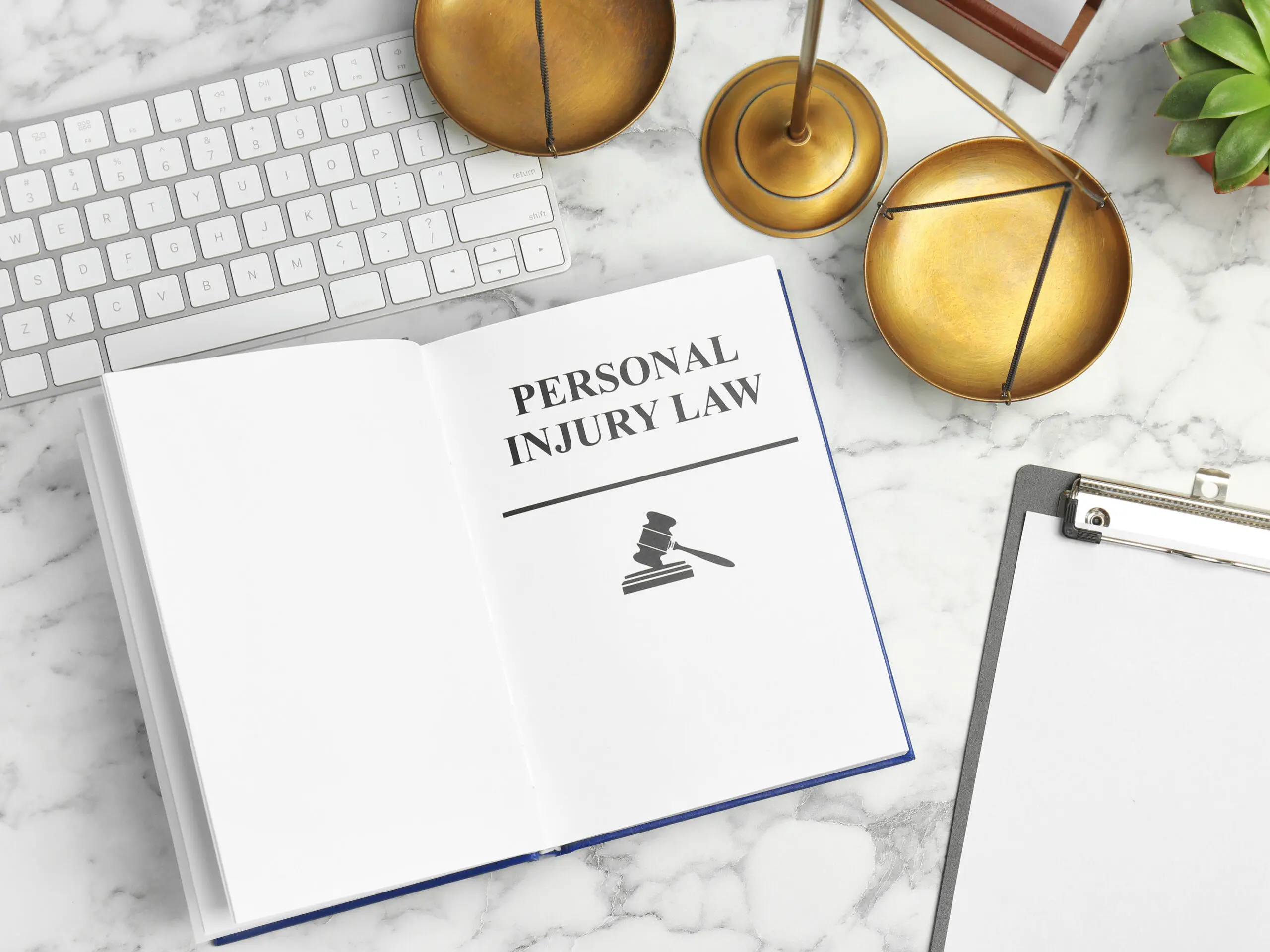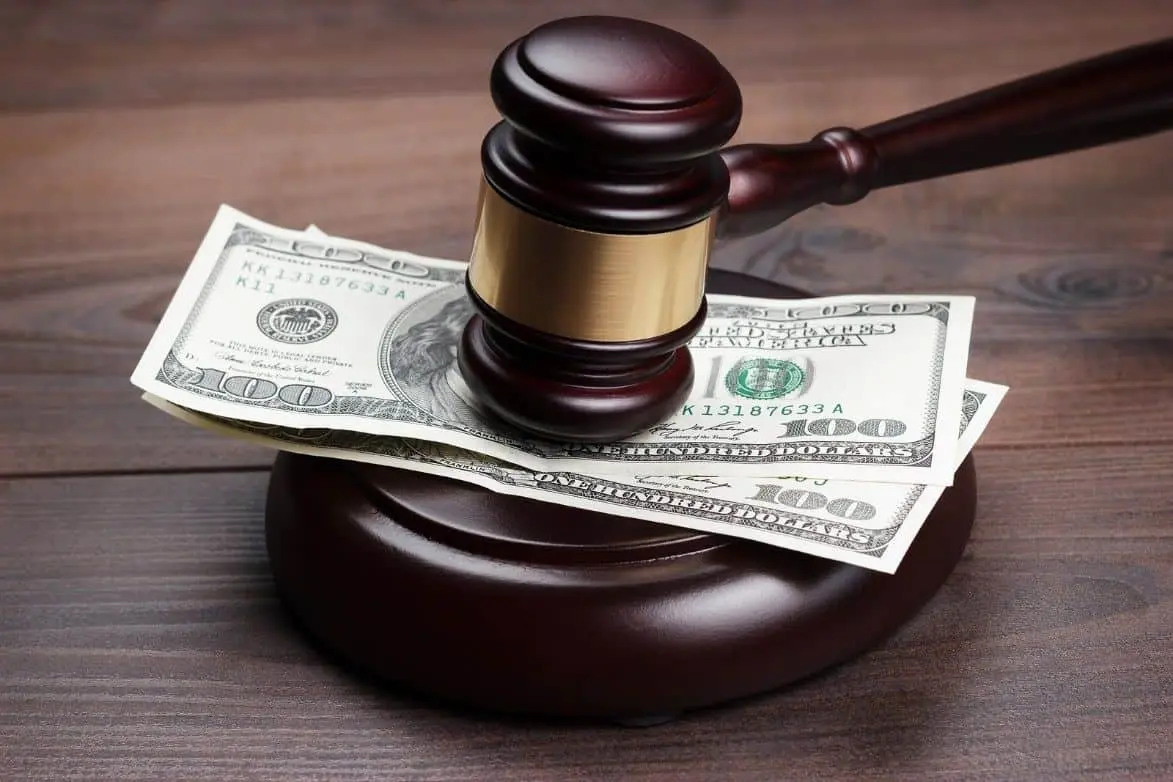
Understanding Personal Injury Claims
Personal injury claims are legal disputes that arise when an individual suffers harm due to the negligence or wrongful conduct of another party. These claims can encompass a range of incidents, from car accidents and slip-and-fall cases to medical malpractice and workplace injuries. Understanding the nature of personal injury claims is crucial to navigating the recovery process. Typically, a successful claim requires proving that the other party had a duty of care, breached that duty, and caused your injury as a direct result of that breach.
Steps to Take Immediately After an Injury
If you find yourself injured due to someone else's actions, take the following steps to bolster your claim:
- Seek Medical Attention: Your health is paramount. Visit a healthcare provider to document your injuries, even if they seem minor.
- Document the Scene: Take photographs of the accident scene, visible injuries, and anything else relevant. Collect names and contact information of witnesses.
- Report the Incident: Notify the relevant authorities, whether it's the police, your employer, or property management, depending on the nature of the injury.
- Keep Records: Maintain all related documents, including medical records, bills, and correspondence with insurance companies.
The Importance of Evidence
Evidence plays a pivotal role in personal injury claims. The more robust the evidence, the stronger your case will be. Types of evidence include:
- Medical Records: Documenting your treatment provides a clear link between the injury and the care required.
- Witness Statements: Accounts from those who witnessed the incident can substantiate your claims.
- Expert Testimony: In some cases, expert opinions can clarify complex aspects of your injury or accident, such as medical prognosis or accident reconstruction.
- Photographic Evidence: Images of the scene, your injuries, or hazardous conditions can visually support your claims.
Calculating Damages
Calculating the potential damages in a personal injury claim involves considering both economic and non-economic losses. Economic damages are quantifiable costs such as:
- Medical expenses
- Lost wages
- Rehabilitation costs
Non-economic damages, while more subjective, are also critical and may include:
- Pain and suffering
- Emotional distress
- Loss of enjoyment of life
Consider using a damages chart to help visualize your potential compensation. For instance:
| Type of Damage | Examples | Estimated Value |
|---|---|---|
| Medical Expenses | Hospital bills, therapy | $10,000 - $50,000+ |
| Lost Wages | Salary during recovery | $5,000 - $30,000+ |
| Pain and Suffering | Long-term discomfort | $10,000 - $100,000+ |
The Role of Insurance Companies
Navigating the complexities of insurance companies is often a daunting task. Insurance adjusters may attempt to minimize payouts, often offering settlements that are far less than what you might be entitled to. It’s essential to:
- Understand Your Policy: Familiarize yourself with the coverage limits and conditions of your policy.
- Be Cautious with Communication: Avoid giving recorded statements without legal counsel; what you say can be used against you.
- Negotiate: Don’t accept the first offer. Be prepared to negotiate for a fair settlement that accurately reflects your damages.
When to Consider Legal Help
While many personal injury claims can be settled without the need for legal representation, certain circumstances warrant hiring an attorney. Consider seeking legal help if:
- Your injuries are severe or long-lasting.
- You’re facing significant medical bills or lost income.
- The other party disputes liability or the extent of your injuries.
- You’re unsure about the claims process or how to negotiate with insurers.
An attorney can provide valuable guidance, ensuring you receive the compensation you're entitled to while alleviating the burden of navigating the legal system alone.
Preparing for Your Case
If you decide to pursue a personal injury claim, preparation is key. This involves gathering all documentation related to your injury, including:
- Medical reports and bills
- Accident reports
- Witness statements
- Any correspondence with insurance companies
Additionally, maintaining a personal injury journal can be helpful. Document your recovery process, detailing how your injuries affect your daily life, which can strengthen your case and provide insight into non-economic damages.
Conclusion: Moving Forward After Injury
Navigating a personal injury claim can be a complex and emotional journey, but understanding the process can empower you to seek the compensation you deserve. From gathering evidence to negotiating with insurance companies, each step is vital in building a strong case. Whether you choose to represent yourself or hire an attorney, being informed and prepared will help pave the way to recovery, allowing you to focus on healing and moving forward with your life.






